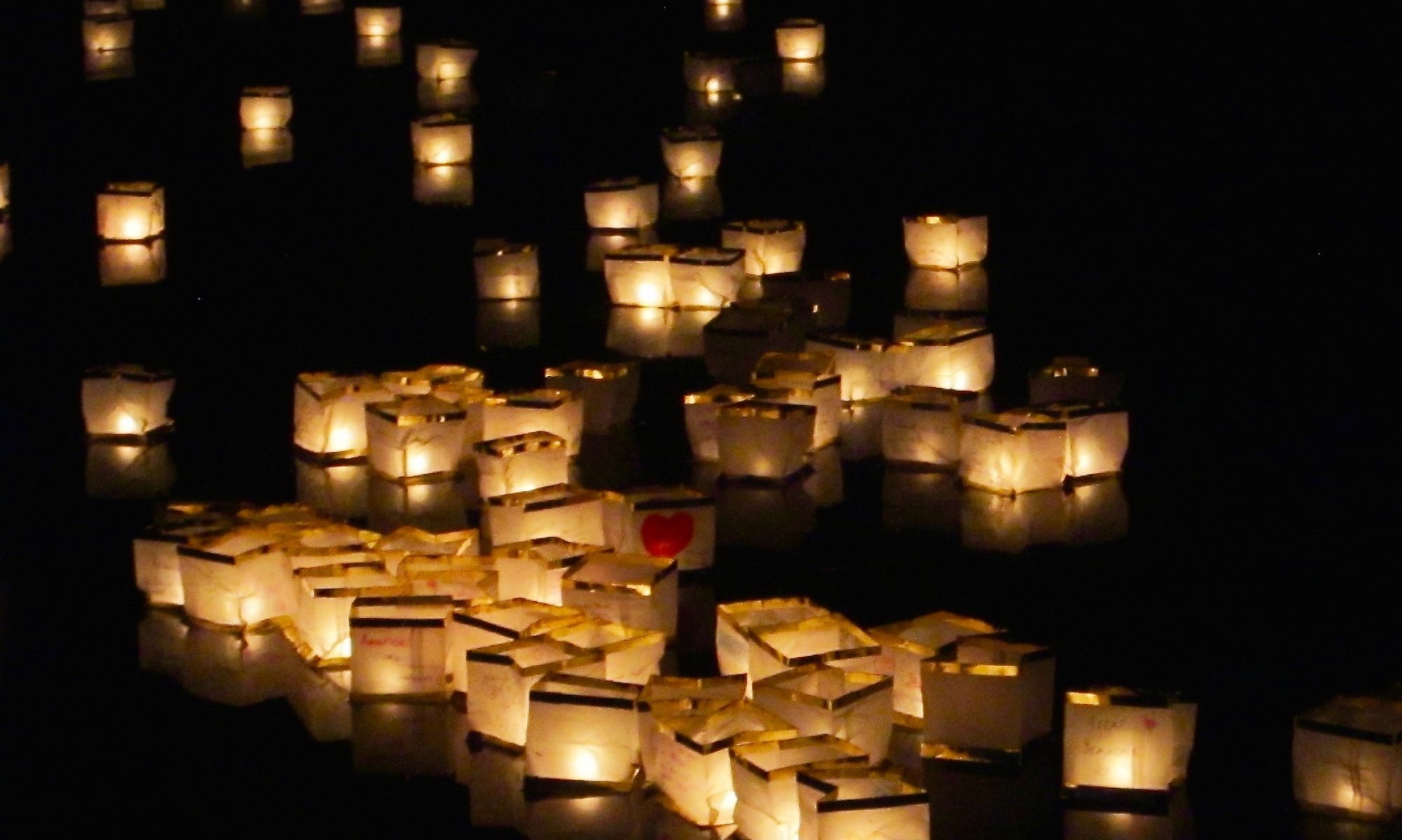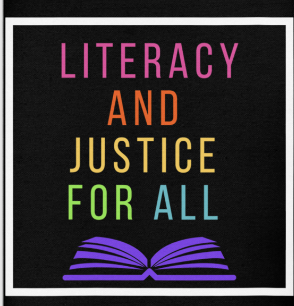In what might be the silliest idea yet to protect young people from acknowledging the existence of sex, Corpus Christi, Texas has created two separate sections of its library: One for teens, as in ages 13-18, and another for “young adults,” for books appropriate for ages 18-25.
That’s right. They are now restricting certain books for adult humans up to the age of 25. In a public library.
Many of the book-banning activists believe that these kinds of “leveled” cards are still censorship, as well as a significant liability: it takes the responsibility for curating a child’s reading away from the parents and places it on the library, which then can be held accountable in this idiotic age for what sneaks through. Heaven forfend parents be involved enough to know what their kids are reading.
But the ludicrousness of telling an adult of 25 that they are too young and naive to read a book about a family with two mommies, or that acknowledges the existence of sex, absolutely amazes me. Folks, by the time I was 25 years old I’d been through high school and college, gotten married, started my journalism career and had a baby. I knew what sex was, and had covered trials for stuff too gnarly to describe in the newspaper, much less a children’s book. What do you think you’re protecting me from?
In other news from the Worst Timeline:
- Residents of Huntington Beach, Calif. will actually vote on book banning later this year. One of the measures repeals the “advisory board” that basically serves as the library’s censor, and the other decides the future of privatizing the libraries. (Me personally? Not a big fan of privatizing libraries, and I think there’s a whole column to be written on how that’s a Very Bad Thing.)
- Book bans this week hit Rutherford County, Ten.; Radnor High School in Pennsylvania; Ohio, Indiana, Florida (always), Virginia, Wyoming, Michigan, Minnesota, Colorado and Utah. And Canada. What? Come on, Canada, we count on you to be the voice of sanity in this hemisphere!
- Oh, about Utah? It’s got one of the strictest book-ban laws, which ban certain books statewide (so much for local control). This despite the fact that there are 42 public school districts but only two of those districts account for 80 percent of books banned. Also, it’s not just banning the books from being provided by the school. Students may not bring their own copies of really subversive material like Forever by Judy Blume into the building. Oh, and it doesn’t apply to private schools. Because reasons.
- Missouri wants to allow parents to sue library board members if their children are able to access something they find offensive. That includes online electronic materials, which are managed by a third-party vendor, so they’d probably have to stop using those materials at all because the content curation wouldn’t be within the library’s control.
- Turns out the people trying to cut off all funding to the Washoe County Library in Nevada was… wait for it… an anti-LGBTQ group.
- The Pennfield Central School District in New York has been deluged with hundreds of messages that include racist, homophobic threats. This follows a meeting over a picture book they deemed explicit. The racists showed up in force, including one in a gorilla costume. Board meetings have had to be canceled due to the violent threats. Someone explain to me what the @#$! is going on? (Intended language censored so a guy in a gorilla suit doesn’t show up on my front porch.)
- On the good news side, Authors Guild has created a free-access tracker for all the ongoing legislative nonsense and other attacks on free expression. They’re also suing Florida in court on the constitutionality of its book ban “don’t say gay” law.
- And PEN America has issued an extensive “Cover to Cover” report on the books banned last year, with predictable findings: 36 percent featured authors or characters of color (even though children of color comprise more than 50 percent of U.S. schoolchildren), 24 percent LGBTQ people. When you limit it to graphic novels, the percentage goes up to 73 percent. Only 13 percent have “onscreen” depictions of sexual acts. About 85 percent are fiction. More than half are “young adult” as opposed to children’s or middle-grade books, and 32 percent are adult books. Nearly 30 percent are speculative fiction, second only to “realistic” books at 40 percent. About 43 percent depict abuse, mostly verbal with only 15 percent sexual. About 14 percent had religious content, ranging from The Purim Superhero to When You Trap a Tiger to, of course, the Bible.
And in the most unintentionally hilarious choice, Indiana is going after Dolly Parton. Specifically, her Imagination Library, which puts books in the hands of young children. The state of Indiana has now decided to stop supporting the program, to which it contributed $6 million per year, or 0.013 percent of the state budget. That serves about 60,000 Indiana children per year. Apparently more people have called their state legislators about this than any other budget cut this year.
Do not mess with Dolly.



